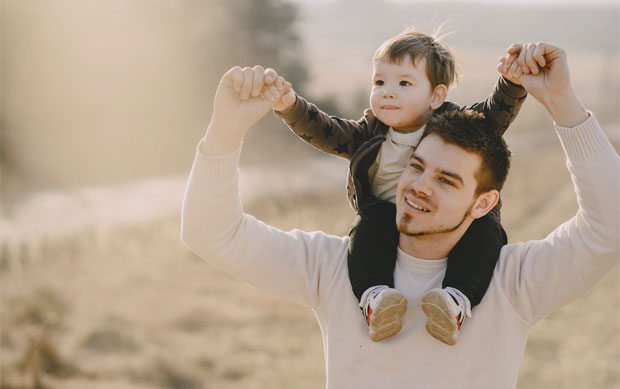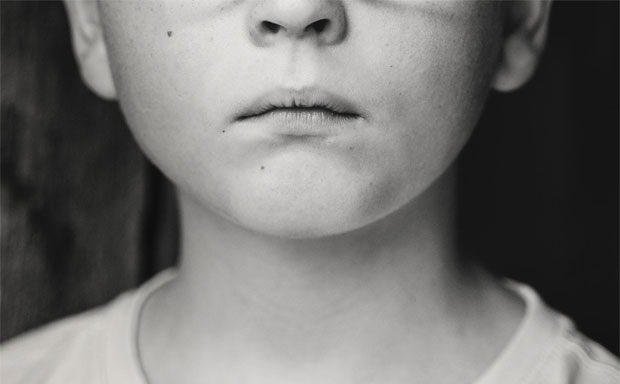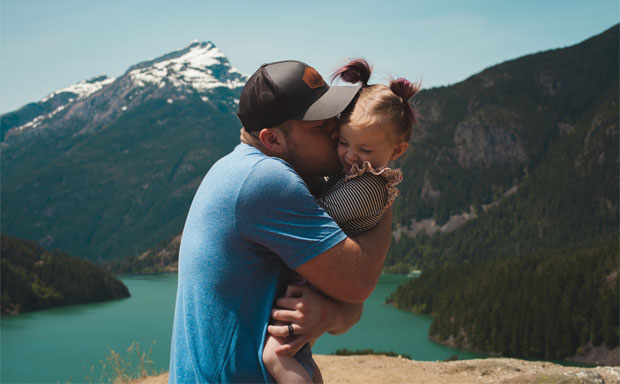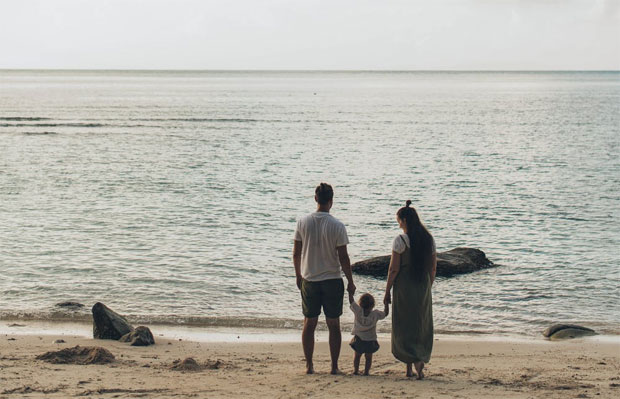The Invisible Injuries of War on Military Children
The Invisible Injuries of War on Military Children
Everyone knows the plight of military personnel. However, when it comes to war, even their families are affected. Other than the spouse, children are also victims of war. There are invisible injuries of war on military children that can have devastating effects in the long-run. Most of these changes are barely noticed since they are not physical. Instead, they are behavioral and personality changes.
You can identify these invincible injuries by monitoring the behavior of the child. If you notice the following, you need to seek help.
- Secondary trauma
It is not surprising to find children mirroring the symptoms of their parents. For instance, the child might start getting nightmares because the parent is getting them. The child can also develop behavioral problems since they are about the problems of their injured parent. It can get worse if there is no one to communicate with the child and make them feel better.
- Acting out
The child can start having trouble paying attention in school. They might act out and start being disobedient and develop risky habits.
- Emotional distress
The child might have increased anxiety and become overly emotional. This can lead to feelings of isolation, loss and grief since the injured parent has changed. These feelings can build up and cause depression.
- Being ashamed of the parent
If the appearance of the parent has physically changed, you might find the child getting embarrassed and not want to identify with the parent.
- Anger or resentment towards the parent
In case the parent comes back injured, the child might feel angry since they have to take up more responsibilities. They would blame the parent for not giving them a chance to grow up like normal children.
They might misinterpret the parent’s apathy or fatigue as proof that the parent does not love them anymore. If the parent is irritable, the child can blame himself for that.
How can you help?
Of you notice these behaviors in your child; you need to seek help before it gets worse. Where do you get help for your injured child? You can learn how you can help your child below.
- Get the resources you need
Sometimes you need help with basic things like food, shelter, books and other necessities. The child might need expert services to cater for the behavioral changes. You can look for community resources that will help you and provide social support.
- Support your child and monitor the stress
Sometimes children are unable to express their feelings. You need to teach your child how they can handle stress. Show them it is okay to express their emotions and teach them how to cope with extreme emotions.
- Communicate with the child
Children process more that we give them credit for. After coming back home, if you have an injury, you need to talk to the child to avoid having them fill in the gaps. Explain to the child how the injury came about and he effects of the injury. If you will need some assistance from the child, you need to tell the child in advance.
Also remember to reassure the child and keep reminding them that it is not your fault. Tell the child that it will take time to adapt to being home. You can tell the child the changes you will go through. This will ensure the child is prepared in case you get nightmares, mood swings and any other emotional changes. They will also try to cheer you up and keep a smile on your face.
- Set goals and learn how to handle problems
No one is immune to problems including children. However, how you deal with problems will determine how your child deals with their problems. Have goals on things you want to do. You can set family goals and strategies. This will improve your communication while teaching the child valuable lessons.
Children are the future of tomorrow. They are often overlooked until it is too late. Military personnel need to remember that they are not the only ones who get injured. Children are more delicate which makes them more vulnerable. Families face several challenges when their loved one is at war. It is our duty to protect the children who are left behind.
Guest Article.








